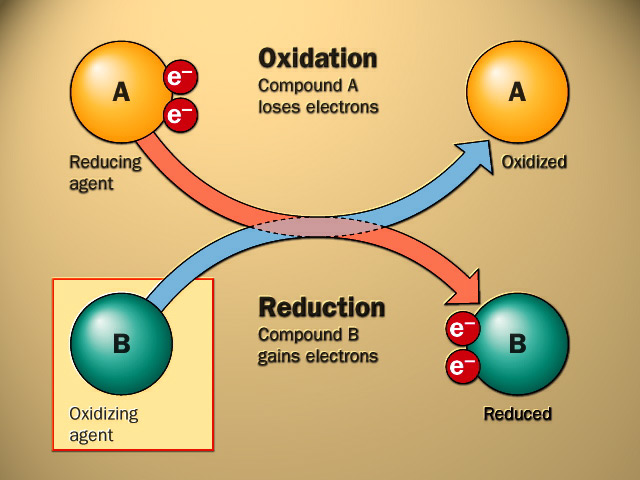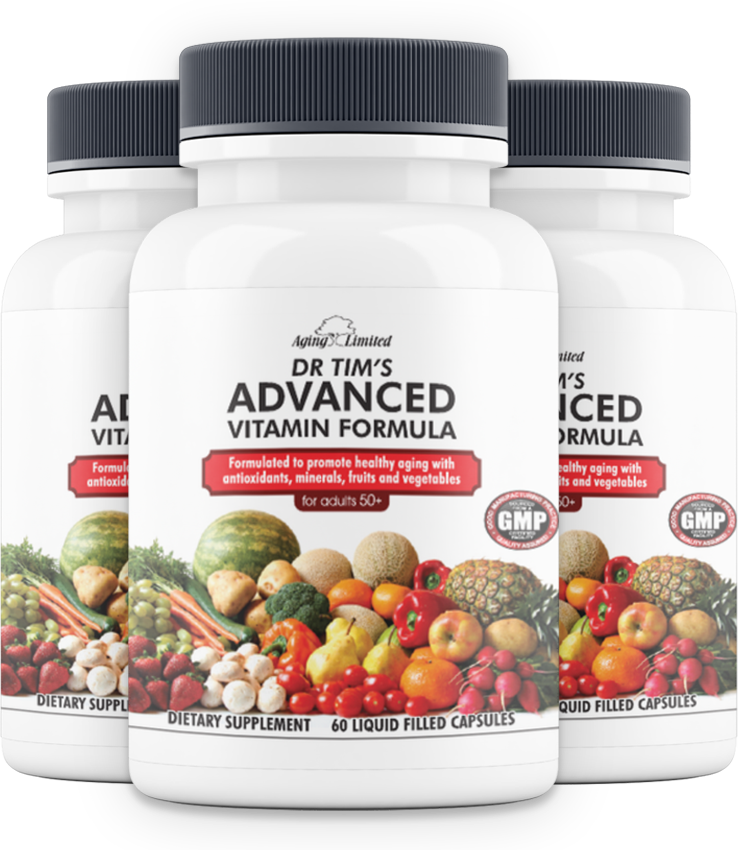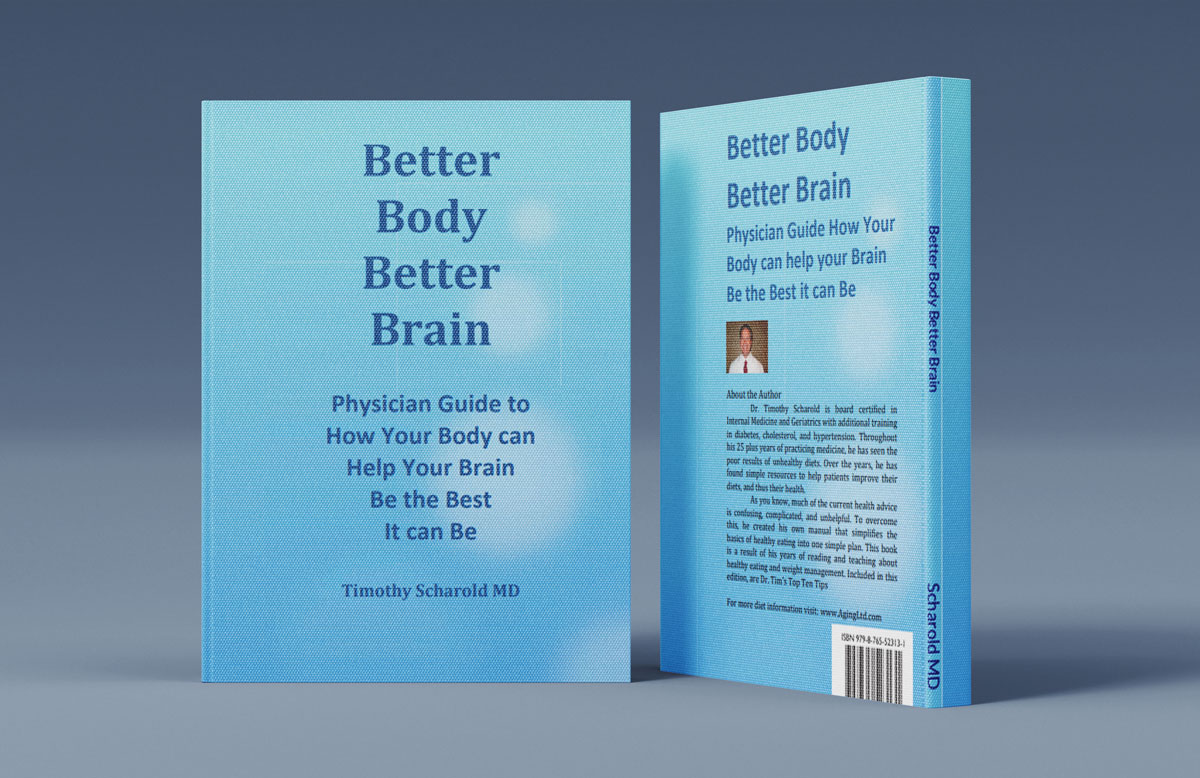Brain & Body
Is yours aging?
It’s all about INFLAMMATION: Inflammation ages you faster.
It causes:
Aches and arthritis, Weakness, Malaise in the body.
Fatigue, Sleepiness, Lack of Focus in the brain.
Inflammation
The major cause of aging and fatigue.
Inflammation is a condition where the body attacks what it thinks is harmful. WBCs do the attacking and release various byproducts that can end up causing further harm. This can occur anywhere in the body, including the arteries as well as your organs, like the heart and brain.
Researchers are finding that a chronic condition of inflammation can harm the whole body. One of the common byproducts of inflammation are oxidants that damage and age your cells. Over time, repeated damage to cells can cause anything from rapid aging and heart attacks or stroke from plaque rupture, to damaged organs that do not function as well.
This inflammatory process is what researchers now consider to be a major cause of aging. One study found that men with high-grade inflammation performed worse on standardized intelligence tests and were more likely to die from a premature death.

How Do I Know If I Have Inflammation?
Fortunately, we have ways of measuring inflammation, so we can have warning and do something about it before it is too late. CRP (C reactive protein) and lp-PLA2 are two important markers. If one is elevated, research has found a 5-fold increased risk of a stroke. If both are elevated there is an 11-fold increased risk of a stoke.
What Causes Inflammation
Foods: such as red meats and high processed food tend to release more toxins that cause inflammation. Also, don’t forget about the small LDL particles that get into the artery walls causing inflammation. Another cause of inflammation is high elevations of insulin from high carbohydrate intake.
Bad Fats: Scientists have demonstrated how high fat levels in the bloodstream cause inflammatory in the artery walls within 30 minutes of a fatty meal. This causes higher risk for clots and the arteries to constrict, leading to decreased blood flow, which can cause clots to form, resulting in heart attacks. This was shown in volunteers who ate a burger and fries and then within 30 minutes, had significant spasms or constrictions of their arteries. This could explain why there seems to be an increase in heart attacks during the Super Bowl.
Obesity is another cause for chronic inflammation. Adipose cells release inflammatory proteins into the bloodstream, resulting in a chronic state of inflammation.
Arthritis and chronic infections have been found to do the same. Periodontal disease can also raise inflammation levels. Several studies found chronic periodontal disease as a risk factor for heart disease and early death. Food additives and exposures to toxic chemicals and pollution have also been found to raise the levels of inflammation.
Healthy Diet and Healthy Exercise Can Help (see Body and Brian Book) and
Vitamins with Phytonutrients can help too.
Oxidation and Free Radicals
The hidden cause of Inflammation.
Free Radicals are molecules that are short of one electron, and they will do whatever they can to get one from other molecules. When they steal other molecule electrons, it is called oxidation. Oxidation, the loss of electrons, is now recognized as a major cause of many health problems, from heart attacks to early aging. This oxidation causes cell damage. White blood cells (the cells that protect our body) respond to the damage, causing the immune system to react. This results in inflammation. The inflammation can lead to plaque buildup and artery clogging. Free radicals have been found to damage DNA in cells causing them to age quicker, or even change into cancerous cells. Free radicals can damage all body systems over time. They are considered to be “the biggest impediment to your quality of life.”
What increases these dreaded Free Radicals?
Free radicals can form from toxin exposure, like pollution or smoking. Free radicals also are produced from food digestion. More free radicals are produced from “toxic” foods. For example, highly processed foods, when digested, lead to free radicals that are released into the bloodstream. Red meats, especially ones that are overcooked, have been shown to produce significant free radicals as well. Overall, just eating too much food can produce too many free radicals. Free radical oxidative stress can be measured by testing myeloperoxidase levels. It is an enzyme that is released by the white cells when they are fighting “foreign invaders.”
What can be done to stop these deadly free radicals?
Animals and people who consume fewer calories live longer, presumably less toxic foods. Fortunately, there are good foods that can help offset the damage (oxidation) caused by the free radicals. They have what is known as antioxidants.
———————————————————————————————————————–
Antioxidants: the super heroes to stop the dreaded Free Radicals
Antioxidants have extra electrons that they can give to the greedy free radicals, without causing any harm (oxidation) to themselves. This saves the other cells from being damaged. Antioxidants are found to be a lifesaver for every cell in our body, organs, muscles, joints, and brains. They are very important protective agents in controlling the aging process. As you can see, the more antioxidants we consume, as opposed to oxidizing foods, the better off we are. So what are the better antioxidant foods? That’s easy: fruits and vegetables. They are full of the vitamins and minerals that are antioxidants. By the way, the more colorful they are, the more anti-oxidation power they tend to have.
Dr Tim’s Top Ten Tips
How to Stop Inflammation
- 1
Less fast foods
- 2
Less red meat
- 3More fruits
The more colorful the better
- 4More Vegetables
The darker green the better
- 5
Exercise reduces inflammation
- 6
Lose weight: less fat: less inflammation
- 7
Drink lots of water: flushes out the toxins
- 8
Fish oil and turmeric is anti-inflammatory
- 9
Aspirin is anti-inflammatory
- 10
Vitamins are anti-inflammatory
The best are those with fruit and vegetable phytonutrients








